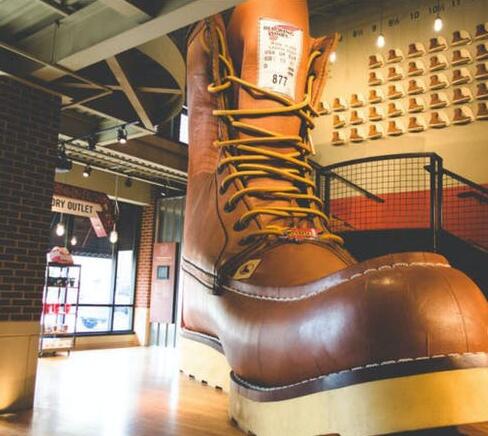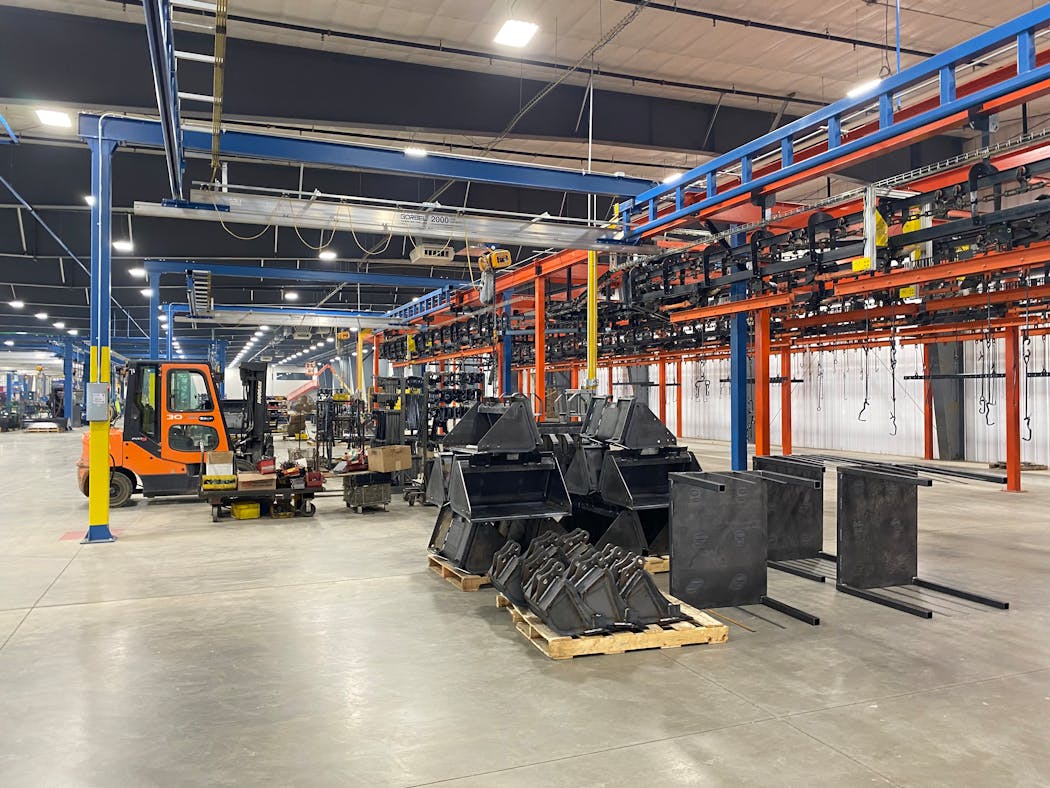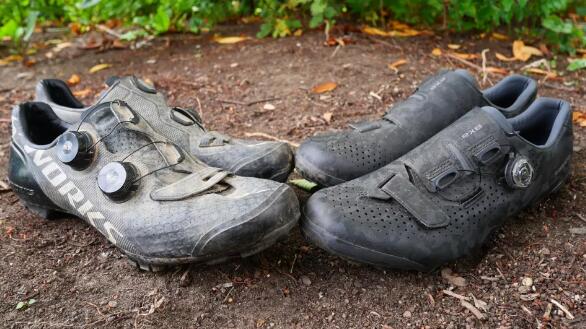Gauthier Industries in Rochester has had to revamp its entire wage structure as it deals with a record number of retirements, big competition for new hires and current employees’ concerns about inflation.
The 87-employee metal stamping business used to hire experienced welders, metal grinders and computerized machine operators for $15 to $17 an hour. Now, Gauthier can pay $20 to $25 an hour for new hires, because competition is fierce.
“And then you have to be fair to your own employees,” said CEO Mike Jensen. Wages need to be adjusted higher to be consistent, making the budget for payroll “a constant moving target.”
The Society for Human Resource Management (SHRM) and audit, tax and advisory firm Grant Thornton are seeing the dilemma play out nationally. Skechers Outlets This year Ikea boosted its average hourly wage to $20 an hour. Target earlier this year said starting pay is now $15 to $24 at its stores.
“Most organizations, both big and smaller, are looking at increases of base pay of 4% to 5%. That is significantly up,” said Jim Link, chief human resources officer at SHRM. “It was not that many years ago that It was just 1 percent to 2 percent.”
Current employees are asking for raises of 8 to 10%, according to recent research by Grant Thornton.
Most employers cannot afford that big of an increase, “so there is this gap between what employees are expecting and what employers are prepared to do,” Link said.
For employers, the pressures are mounting.
Like everyone else enduring what has been dubbed the Great Resignation, the iconic boot maker Red Wing Shoe Co. has seen turnover and is scrambling to replace workers.
Red Wing Shoes, which makes its shoes and separately operates 700 retail stores, is in the middle of contract talks with its union workers, so inflation and pay raises are top of mind.
“We definitely have increased our wage rates for certain segments of our workforce,” said Carrie Heimer, chief human resources officer. “In general, we’ve had larger increases this year than we have in the past for manufacturing and retail.”
The company’s 2,200 workers “are very concerned about inflation,” especially those who commute to Red Wing and feel the sting of soaring gas prices, Heimer said.
“There is a lot of discussion,” she said, on if wages are keeping up with household costs. “It is weighing heavily on people’s minds.”
In Le Center, candymaker Maud Borup has struggled to attract 100 new workers to its rural factory, so it now gives $100 referral bonuses and boosted starting wages from $14 an hour to as much as $17, depending on the shift.
Construction equipment maker Doosan Bobcat added sign-on bonuses of $1,000 to $2,000 and relocation bonuses of $5,000 for new hires in Rogers and Litchfield, said Nicol Winkelman, Bobcat’s human resources vice president.
“We are seeing wage hikes in every sector of the economy,” said Steve Grove, commissioner of the Minnesota Department of Employment and Economic Development. “The fact is that everyone is standing back from the pandemic and asking themselves, ‘What is a good job? Where should I go?’ “
Median pay at health care businesses increased by 7.3% during the fourth quarter, the state reported earlier this month. In retail, wages increased 12%. Hey Dudes Accommodation and food services firms median pay is up 22%.
Beyond pay, employee benefits and remote work options have increased, Link said.
New at Red Wing Shoes are part-time schedules in the factory. Employees also can select their schedules.
But even with generous benefits, labor experts and company heads said raises remain key.
“We are proactive, but you always have a few who are pushing for more [money]. That is just part of the deal,” said Jensen with Gauthier in Rochester. With inflation, “there are some who are feeling the pinch.”





